Dr. James Berenson
Multiple Myeloma Treatment
Multiple myeloma oncologist, Dr. James Berenson, has worked in this space for more than 40 years. In his interview with The Patient Story, he shares what myeloma is (in layman’s terms!), treatment options to consider, and guidance for patients and caregivers on navigating a myeloma diagnosis.
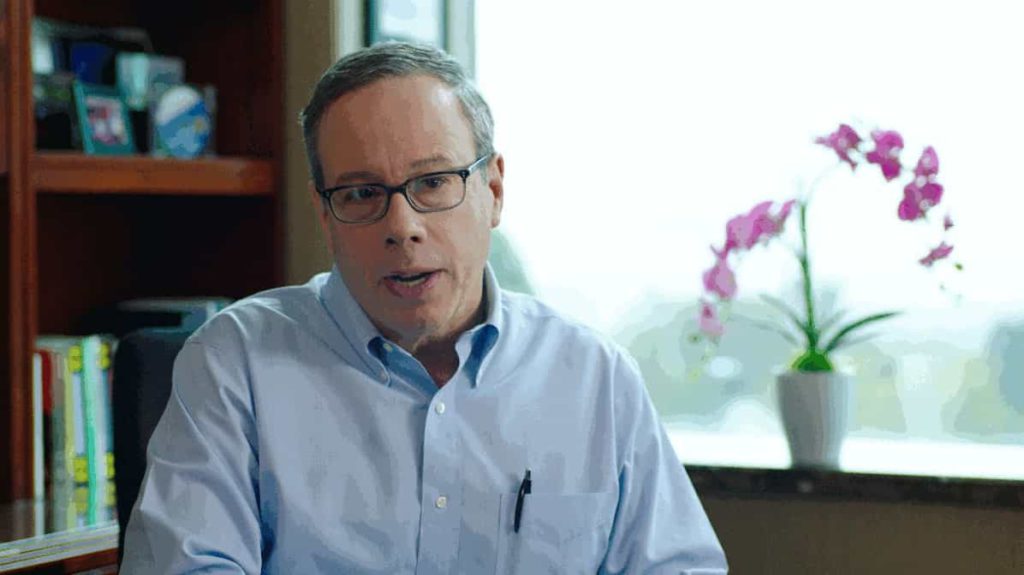
You have to make sure you get the right doctor and the right treatment. Make sure you have a good rapport with your doctor and feel like they care about you and all that good stuff.
Dr. James Berenson
Name: Dr. James Berenson, M.D.
- Role: Oncologist
- Experience: 35+ years
- James R. Berenson, M.D., Inc.
- Founder, President and Medical and Scientific Director of the Institute for Myeloma & Bone Cancer Research
- President of Oncotherapeutics
- President of OncoTracker
- Cedars-Sinai Medical Center, Director of the Multiple Myeloma & Bone Metastasis Programs
- UCLA School of Medicine, Chief of Medical Oncology and Cancer Research
- Greater Los Angeles Veterans Administration Healthcare Systems, Director of Research
- Approach with patients: Individual
Introduction
Can you introduce yourself?
My name is James Berenson. I’ve been working in oncology for nearly 40 years. I’ve been working in the myeloma arena for about 35. I run a practice. I see about 125 myeloma patients a week.
I also run a clinical group called Oncotherapeutics where we run trials throughout the United States with other groups.
We have a non-profit called The Institute for Myeloma and Bone Cancer Research. We have spun off some intellectual property into a biotech company called OncoTracker. We’re basically a four-ring circus.
What is the purpose of Oncotherapeutics?
Oncotherapeutics has oncology groups that we work with throughout the US. If we come up with an idea for a trial, we like to do it among a lot of different oncologists.
That way we can get a more general experience with that combination rather than just within my own group. I’ve enrolled a lot of patients and so do other doctors I work with.
Myeloma
What is myeloma?
If you really want to get down into myeloma at a layperson’s level, my wife wrote a book. All the money goes to research. It’s called, “I Have WHAT? Written By Those Who Know!”
You can get it on Amazon. It’s written from a layperson’s perspective. That may be something looking into if you want to know about myeloma.
Myeloma is a marrow-based form of bone cancer in which the bone marrow is oversupplied with plasma cells, which are a type of white cell. Plasma cells normally make lots of different kinds of antibodies and make up only about half a percent of your marrow. With myeloma, they make a lot larger of a percentage and they’re all one type and make one antibody.
Since it’s in the bone marrow, these patients will often have problems with production of red cells and may be anemic. Since the outside of the bone is next door, a lot of times, the marrow expands and cells lead to bone loss. This can lead to fractures.
Last but not least, when a patient has myeloma, the antibody their plasma is making can be toxic to the kidneys. People often will get kidney problems from the deposition of the protein. That can lead to loss of kidney function.
»MORE: What is Multiple Myeloma and How is it Treated?
Is there a cure?
Not yet. I don’t know how far out that is. We’ll have to see when that happens.
Treatment Opinions
Is there a standard of care?
I think the standard care is to give each patient the best and longest life possible and not treat everybody like they’re identical.
I don’t do that in my practice. You have to be willing to individualize the treatment for each patient.
I’m not a big believer in treating all myeloma cases the same. A lot of my colleagues do that, but I don’t think it’s helpful.
A lot of doctors wind up using the steroid dexamethasone, a proteasome inhibitor called Velcade and a drug called Revlimid. I don’t do that as much.
I’m not a big Revlimid fan up front, so I don’t necessarily do it the same way as everyone else. I’ve never been one to follow what everyone else is doing. I tend to think outside of the box a little bit.
Do you recommend bone marrow transplants?
I do not prescribe and do not recommend bone marrow transplants for anybody with myeloma anymore. I tossed that recommendation back in the late 90’s and early 2000’s.
I don’t really believe it’s an effective procedure now like we did back in the olden days when we didn’t really have anything. Fortunately, these days we have good treatment. Therefore, it’s a lot easier to not recommend them like we needed to back in those days.
You’ve got to kill the myeloma, not the patient. Transplants involve a lot of non-specific chemo that does a lot of collateral damage. It doesn’t make people happy or give them a good quality of life.
Most doctors do still recommend them, but I certainly do not.
I think we have better treatments that are better tolerated and offer a better quality of life. I don’t want people to have to go through holy hell with no upside. I’m not a big believer in it. Our outcomes are proving to be very positive without all that collateral damage.
Coincidentally, I have an identical twin brother who has leukemia. I may have to donate to him. In that circumstance, it’s shown much better effectiveness than it has in patients with myeloma.
When you have a transplant from a sibling, it’s fraught with high degrees of toxicity. However, graft versus host disease (GVHD) is very rare if you get the cells from yourself.
What new treatments are you most excited about?
There are a lot of new, more targeted treatments with antibodies or pathway inhibitors. Pathway inhibitors stop pathways that grow myeloma or makes the soil in which the myeloma grows less hospitable. It makes it like a barren desert instead of fertile ground for the myeloma.
I’ve been involved with all the new therapies for myeloma in some way or another. I try not to show bias because of that. If I prescribe someone something and it makes them feel sick and crappy, obviously I’m not going to keep them on it.
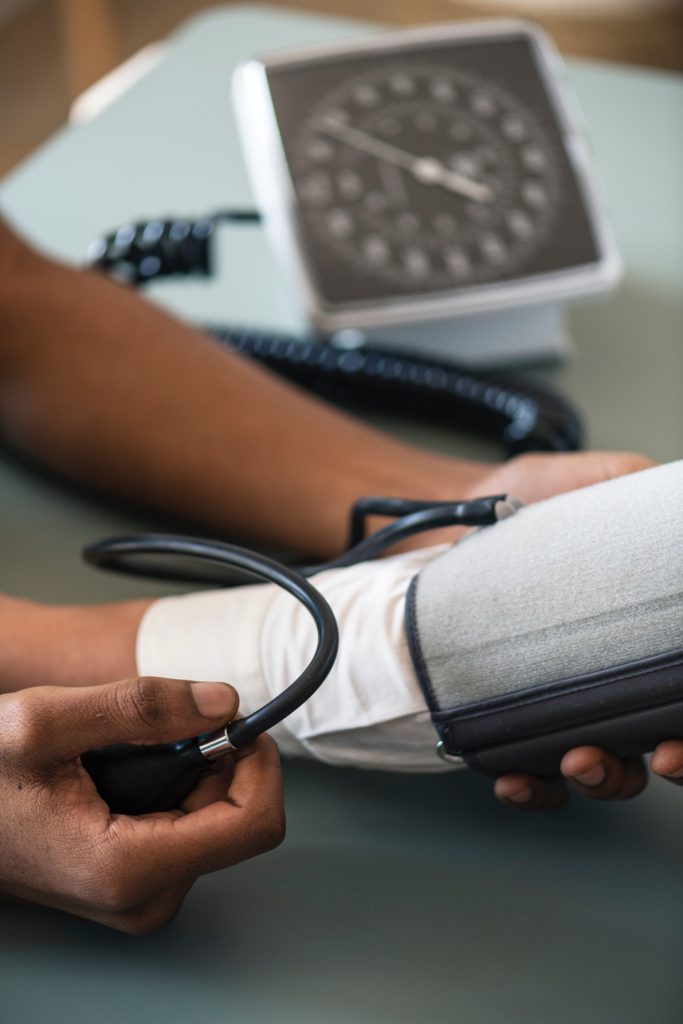
Advice
What advice do you have on patient self-advocacy?
If your doctor doesn’t want to look into treatment options that make you more comfortable, find someone who is willing. You don’t have to stick with that doctor. You don’t have to go with their approach.
If a patient isn’t sure about their options, they can always get another opinion. I tell my patients they may not like my opinion, and if not, that’s fine. I hope they feel comfortable getting a second opinion.
Do you have any advice for a patient who has just been diagnosed with myeloma?
Take your time. Most of the time, there’s not a rush to go and get started on a really aggressive therapy unless your kidneys are failing or your blood counts are down.
You have to make sure you get the right doctor and the right treatment. Make sure you have a good rapport with your doctor and feel like they care about you and all that good stuff.
You need to keep up with new treatments if you can. Don’t believe everything you read on the internet. Don’t get depressed by a lot of the prognostic news that’s going to make you feel like you’re going to die in five minutes. That’s not true anymore.
Something else to keep in mind is that in addition to treating the myeloma itself, patients will also often need treatment for their bone disease. The drugs that strengthen them are called bisphosphonates or anti-RANKL antibodies from companies like AmGen.
Other Hematologist Interviews
Advances in GVHD Treatments and Clinical Trials
Hematologist-oncologists Dr. Satyajit Kosuri and Dr. Shernan Holtan, patient advocate Meredith Cowden, and LLS clinical trial nurse navigator Ashley Giacobbi discuss the role clinical trials play in advancing the GVHD treatment landscape.
...
Accessing the Best Care for You or a Loved One: Understanding New Options for Non-Hodgkin Lymphoma
Dr. Kulsum Bano, Dr. Nilanjan Ghosh, and Dr. Justin Favaro discuss the latest advances with 3-time DLBCL survivor and patient advocate Dr. Robyn Stacy-Humphries.
...
Rafael Fonseca, MD
Role: Interim executive director, hematologist-oncologist
Focus: Multiple myeloma, new drug development
Institution: Mayo Clinic
...
Farrukh Awan, MD
Role: Hematologist-oncologist, associate professor
Focus: Leukemias, Lymphomas, BMT
Institution: UT Southwestern
...
Nina Shah, MD
Role: Hematologist-oncologist, researcher
Focus: Multiple Myeloma
Institution: University of California, San Francisco (UCSF)
...
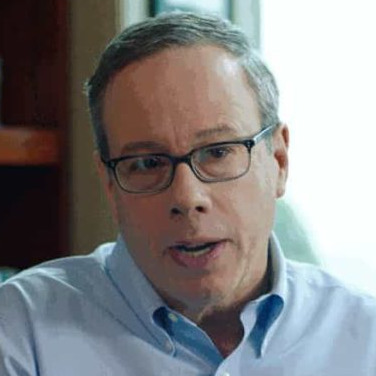
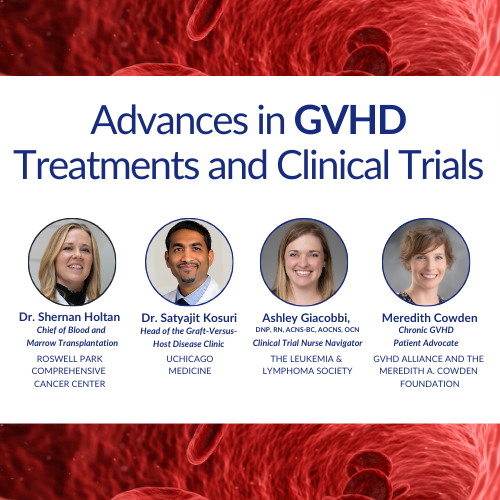
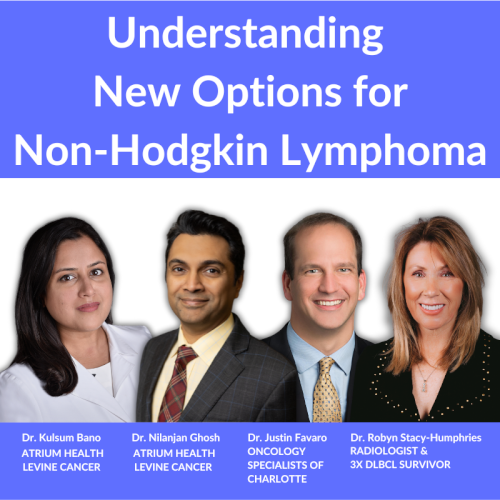
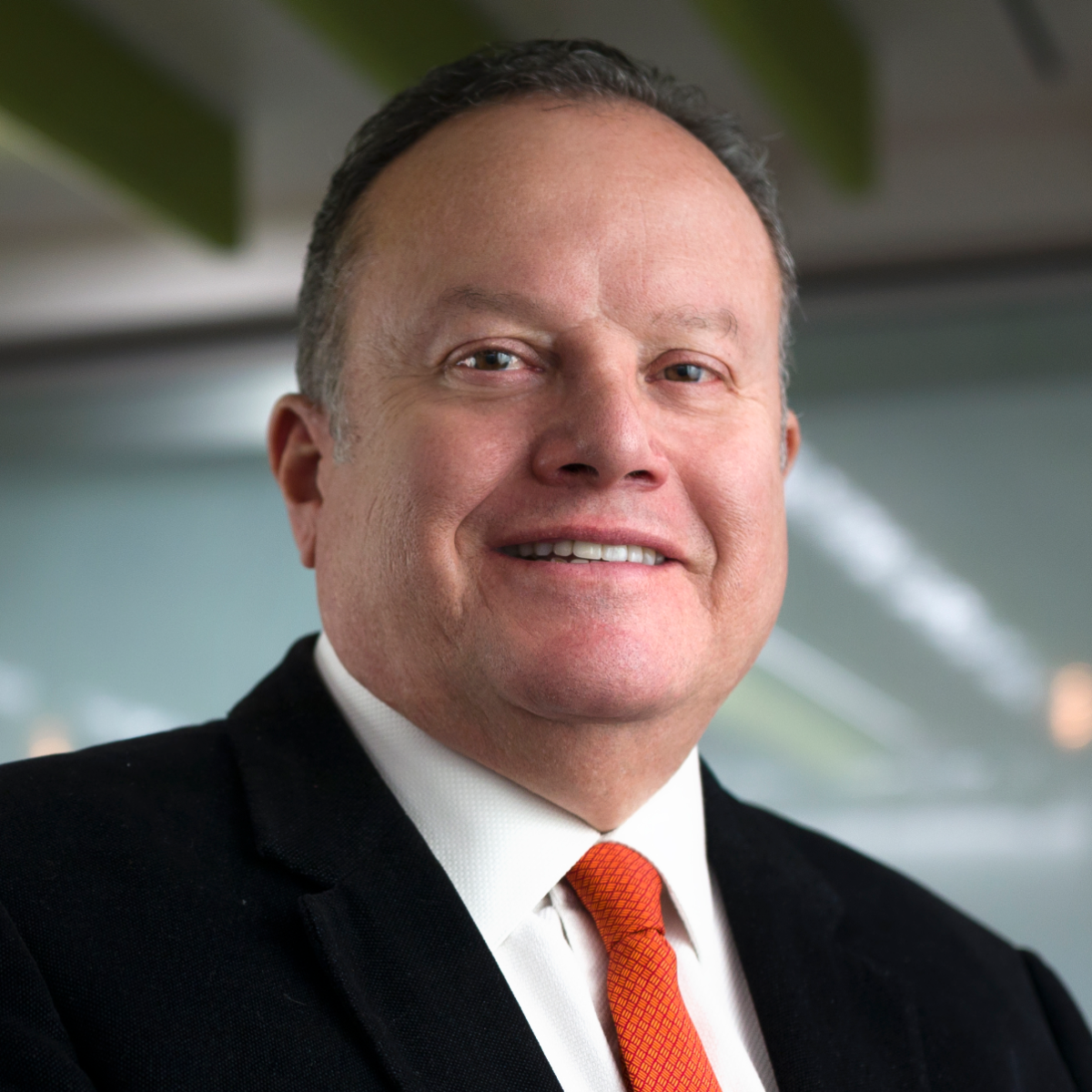
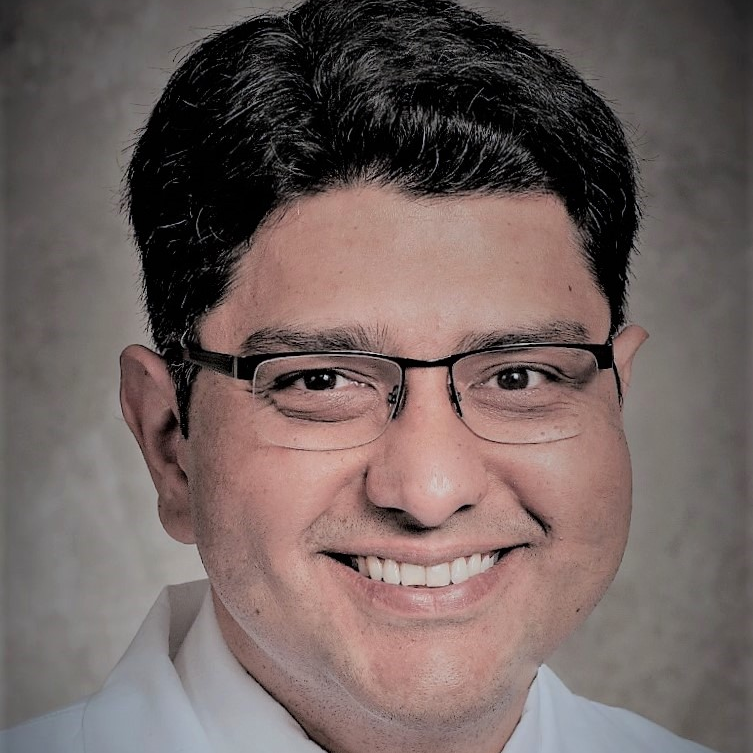
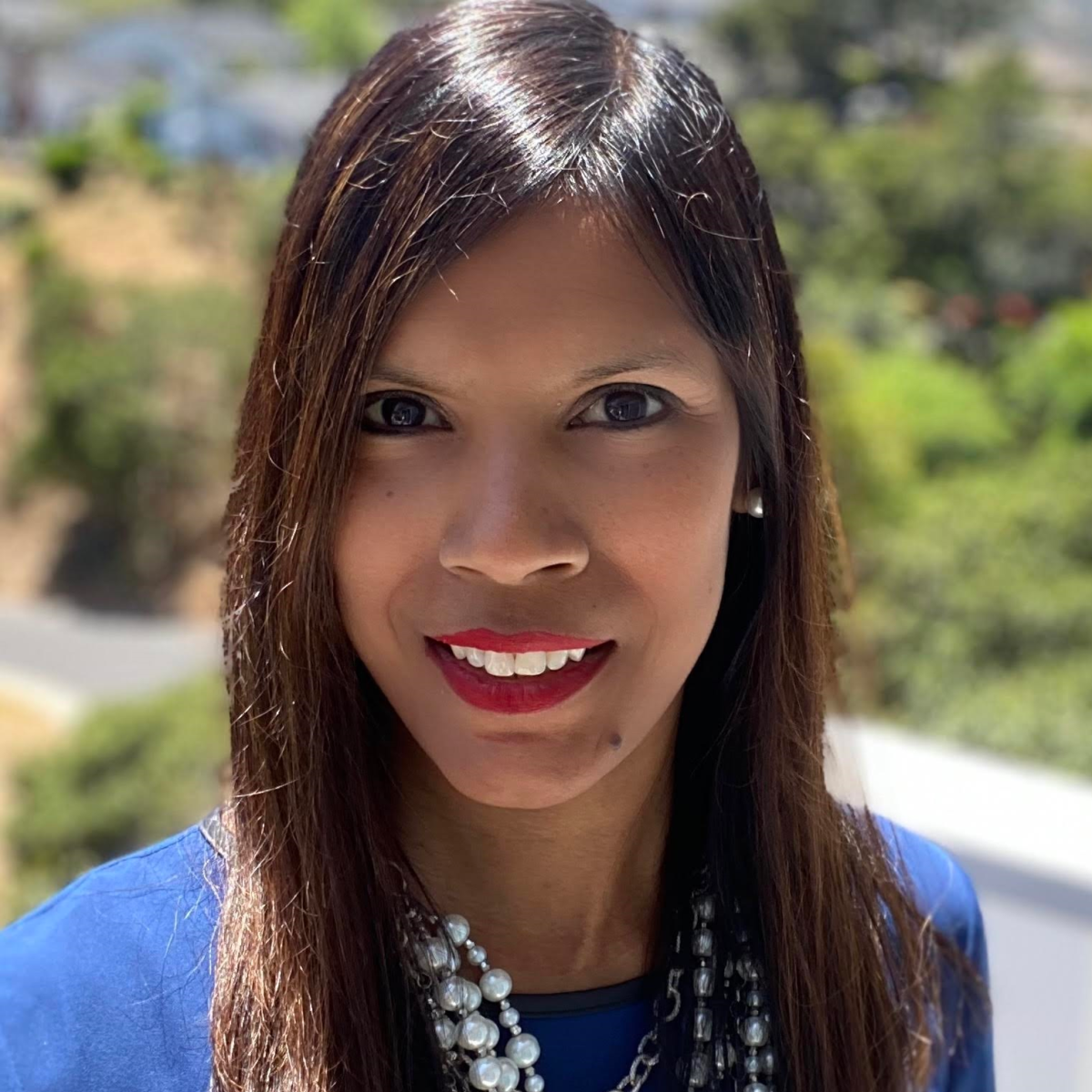
One reply on “Dr. James Berenson, Multiple Myeloma”
Hello Doctors,
My brother has MM/PCL and his doctor’s are suggesting hospice but he is too young and very strong. How can I get your help with him? Please..
I need your help to not throw in the towel.